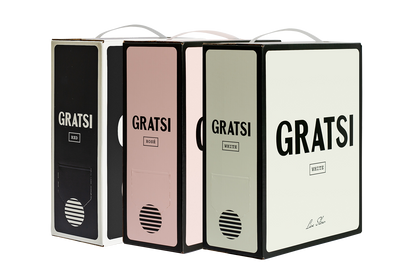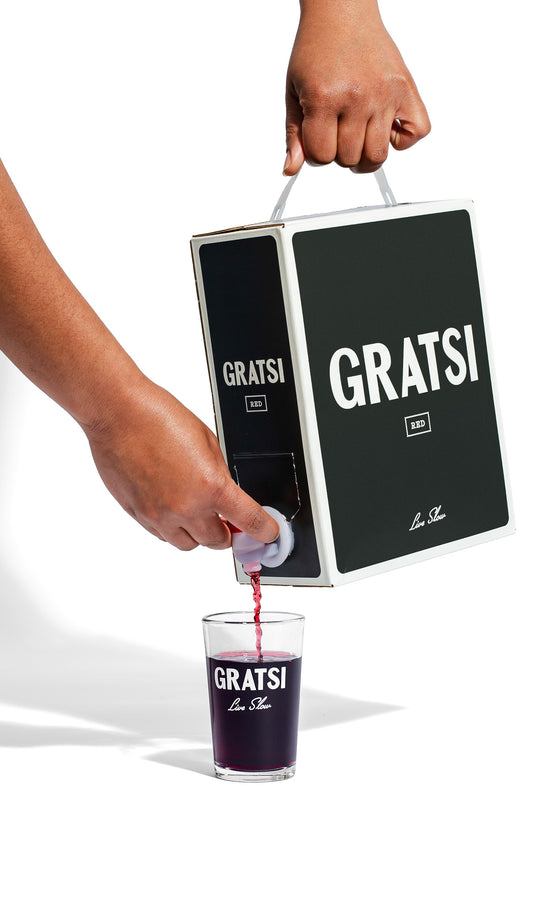Sunday Ragu: A Neapolitan Delicacy

GABRIELA'S INSIGHTS
Sunday Ragu: A Neapolitan Delicacy
By GABRIELA R. PROIETTI
February 08, 2024
If Rome is the cultural capital of Italy, then Naples is most certainly the capital of food. From the first pizza makers to bakery racks filled with fresh pastries stuffed with warm ricotta and jams, I fell in love with Naples both at first sight and at first bite. After all, Naples has a rich and diverse culinary history shaped by centuries, making it a food destination not for the weak. As a bit of a backstory, the city was a central hub of the Mediterranean during ancient times, attracting influences from cultures like Greek, Spanish, Arab, and Roman, to name a few.
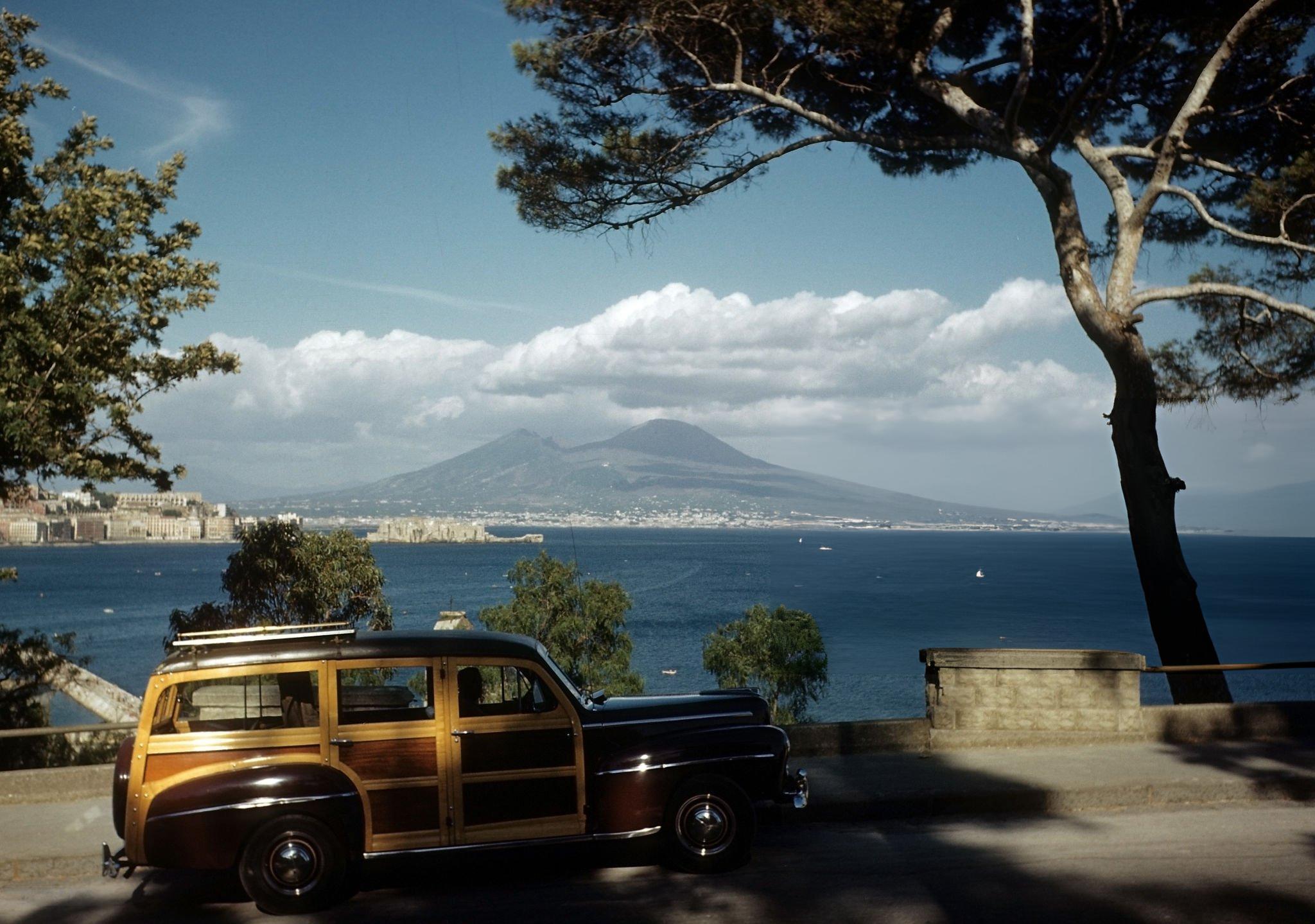
Without food, there would be a large chunk of Nepaolitan culture that is missing.
If you've been to Naples, then you know Neapolitans see religion in many forms: from the obvious being the Catholic Church, next comes soccer superstar Diego Maradona, basking under the sun five months out of twelve, and, most importantly, nonetheless never to forget Sunday lunch. And I am not talking about a quick 1-hour lunch at a local trattoria or pizzeria with family and friends underneath the Neapolitan sun. Although sometimes I miss having my Sunday a bit more libera (free), Neapolitan Sunday lunch is an all-day affair. If there isn't a large pot of ragù that has been simmering on the stove since the evening before, then you must not dare call it a Sunday lunch after all!

When I first became acclimated with my newly adopted Neapolitan family, I quickly learned the rules and cultural cues of fitting in with the traditional family, but initially, it was a bit rocky. So what are we going to do tomorrow on our day of rest? My naive self would ask my Neapolitan partner in the early days of our relationship. To my surprise, he would reply with a bit of doubt and hesitation to my salad-eating American self: what do you mean what are we going to do Sunday? Zia is making ragù!
Like I became quickly accustomed with the sounds, chaos, and wizzes of Neapolitan life, I became even more accustomed to the taste, smell, and sound of that four-letter word: ragù. If you have been to Bologna, then you may be thinking to yourself I have had this meaty-like sauce before! But please don't ever say that to a Neapolitan because I am not referencing ragù but ragù alla Napoletana. Unlike the more famous Bolognese sauce, made primarily with ground meat, Neapolitan ragù typically includes larger pieces of meat such as beef, pork, and sometimes sausage. It's a hearty and rich sauce often served with pasta, exceptionally long pasta shapes like tagliatelle or shorter shapes like rigatoni or ziti.
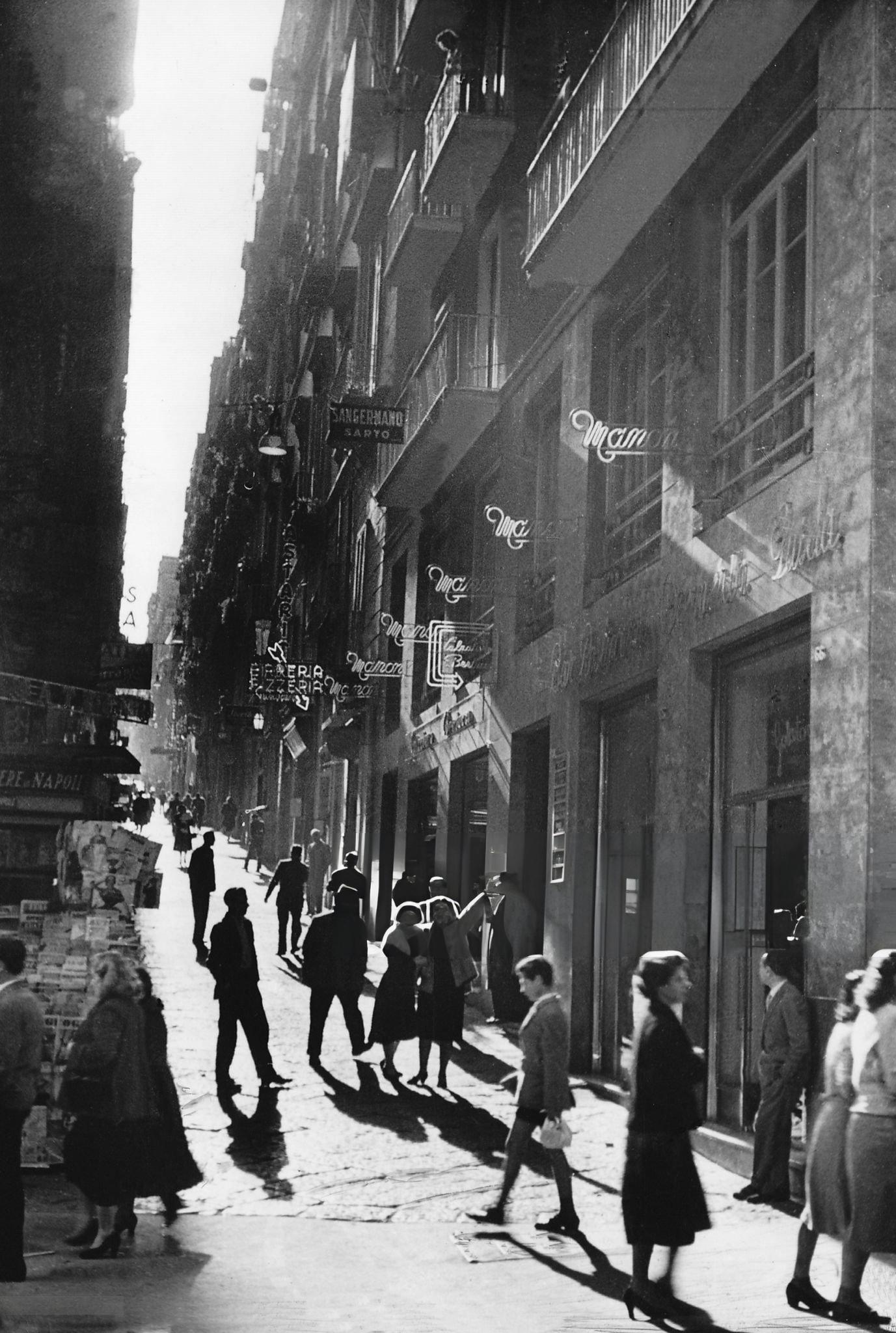
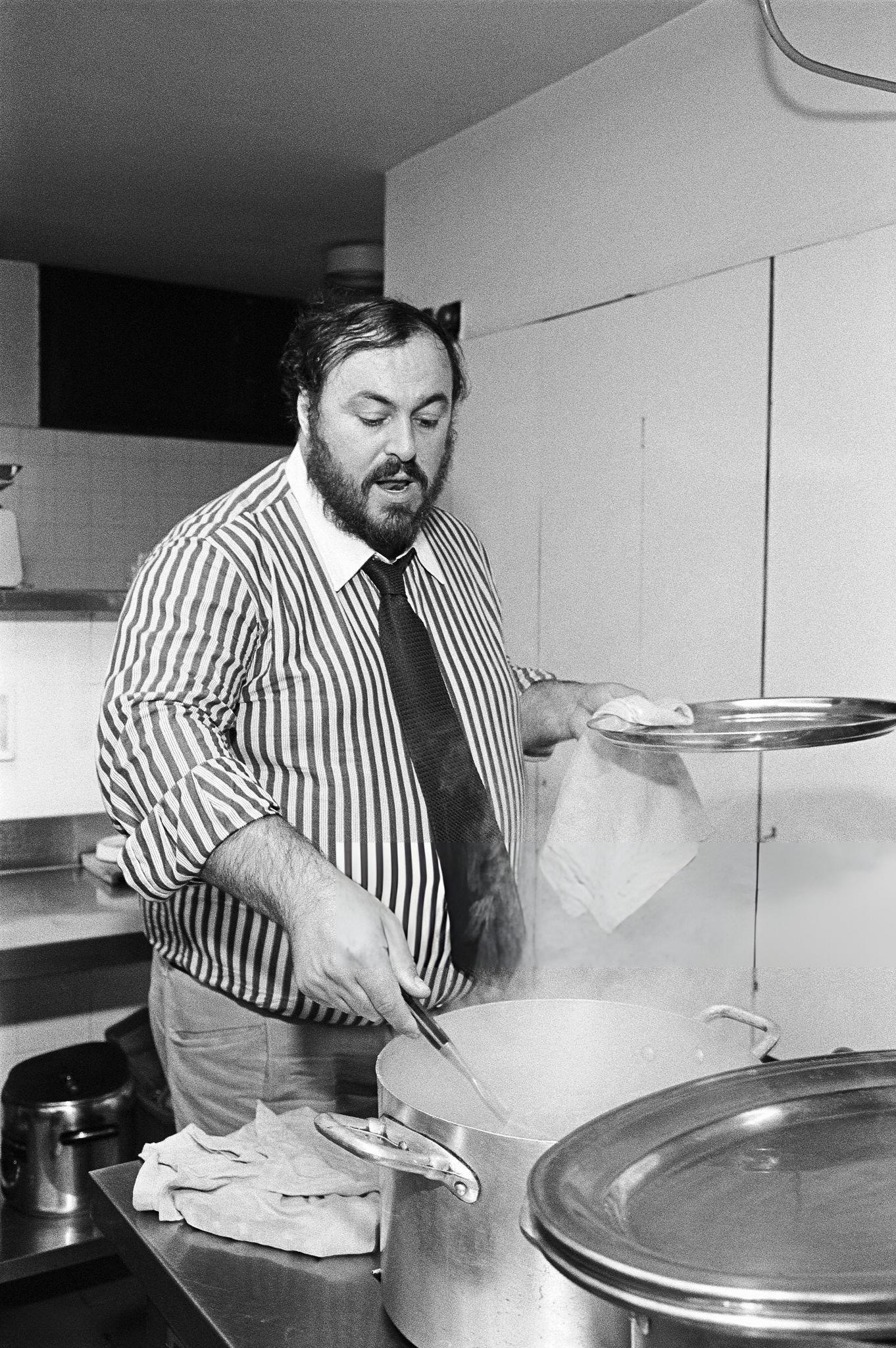
Noted as a poor city, especially after the city's destruction thanks to World War II, the city of Naples and the Neapolitan community saw ragù as a historical way for Neapolitan families to make the most of cheaper, tougher cuts of meat by slow-cooking them with tomatoes, vegetables, and aromatics. The flavors meld together by simmering the ingredients for an extended period, and the tough cuts of meat become tender and flavorful. This economical use of ingredients allowed families to stretch their food budget while creating a hearty and satisfying meal that is still part of the culinary culture today.
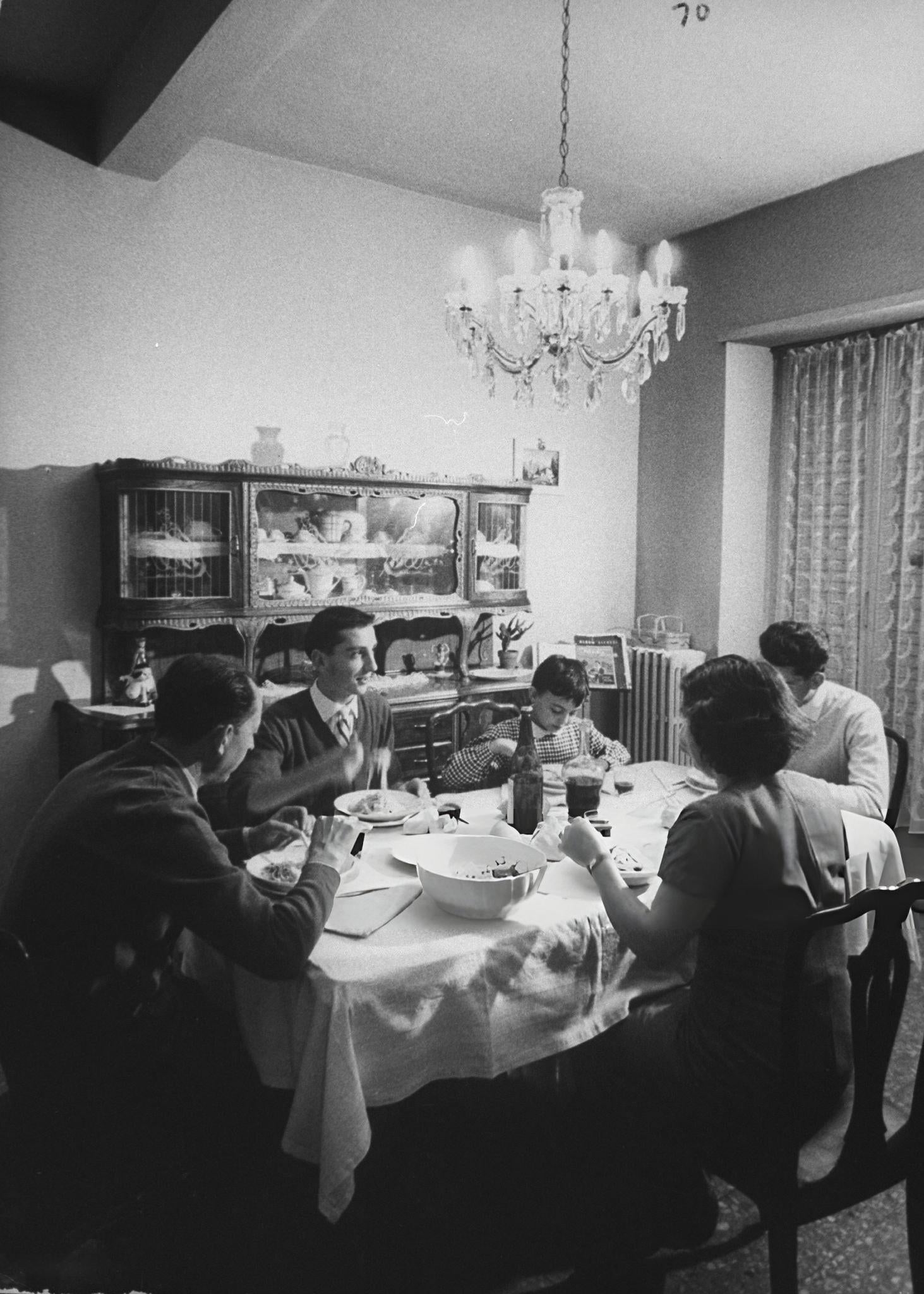
Most Neapolitans are off to the races Friday evening or early Saturday morning to prepare for the big Sunday lunch: ragù is a labor but nonetheless a labor of love. I accompany the infamous zia early Saturday morning as we make our rounds preparing for tomorrow. First, it is a stop at the local bar for a strong and heavily caffeinated shot of espresso. We make our rounds to the market stalls that zia has been going to practically her whole life. First it is the butcher, then it is the vegetable seller, the baker, the seafood vendor, and the local bodega for miscellaneous ingredients the others don't sell. When one shop owner or a friendly face stops her to say “Ciao Clotilde, what are you making this time around?” She smiles and doesn’t even need to reply. Her trolly cart is loaded with ingredients, and so is her heart, as we stroll home to begin.
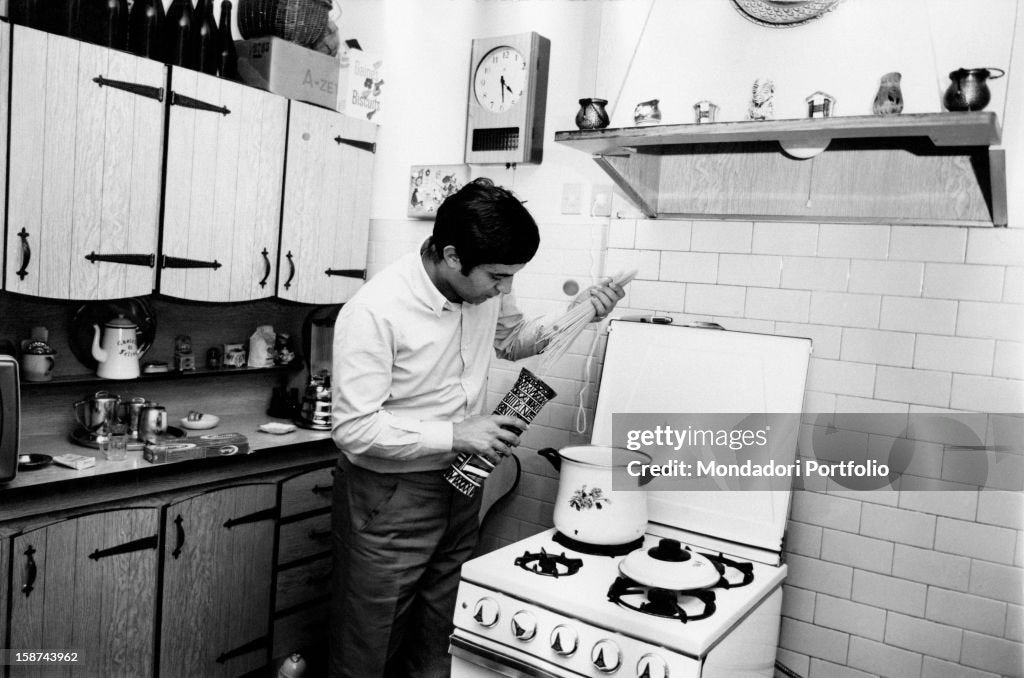
Ragù alla Napoletana is more than just a dish; it's a symbol of Neapolitan culture and identity that has nonetheless warped into my identity as well. Sharing a meal of ragù with family and friends is a cherished tradition in Naples, often accompanied by lively conversation and laughter, which I think is something we all could learn from and incorporate into our personal rhythms of Sunday lunch.


